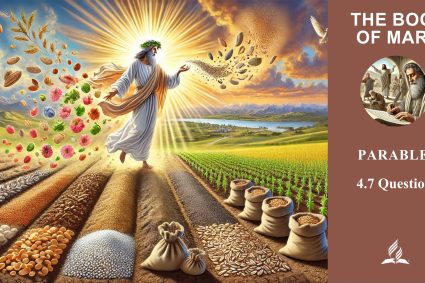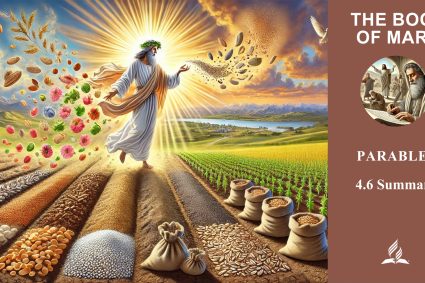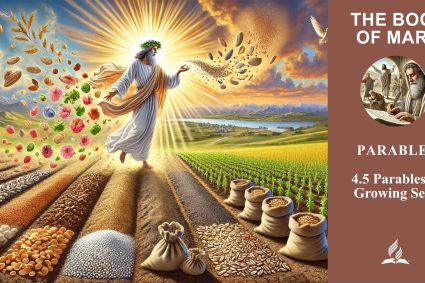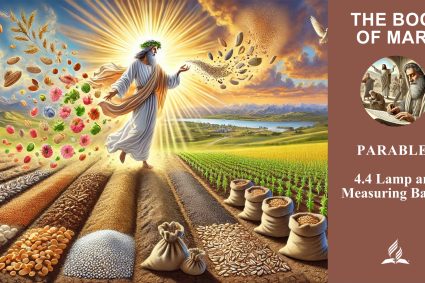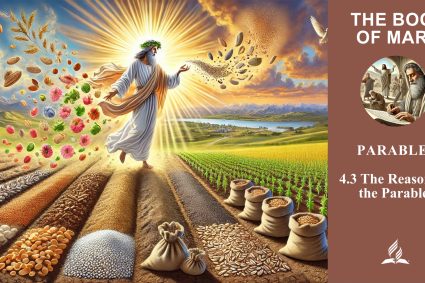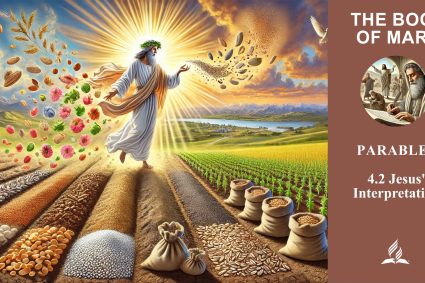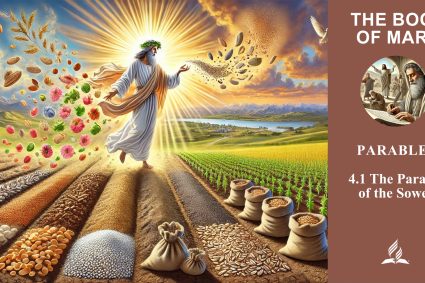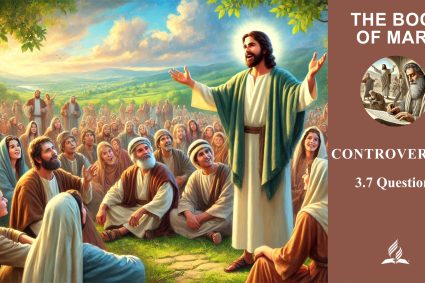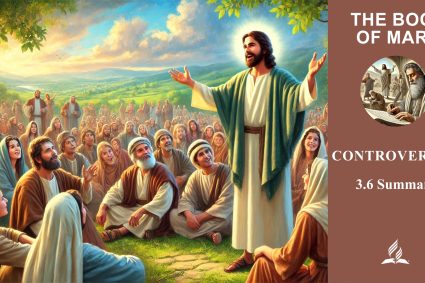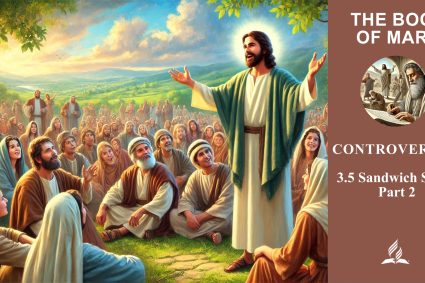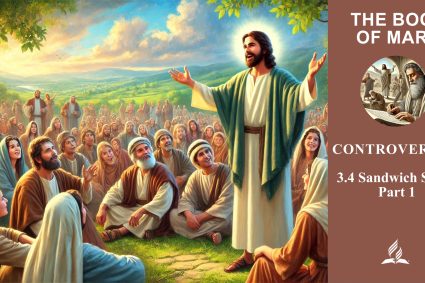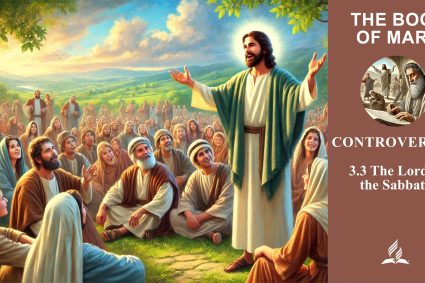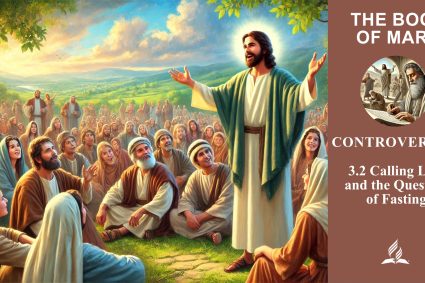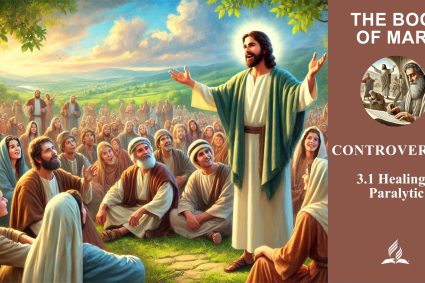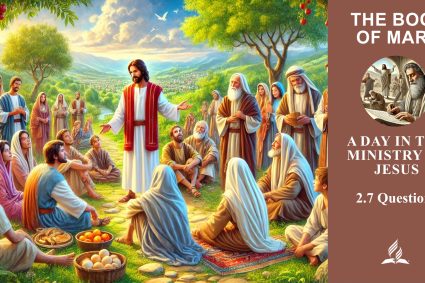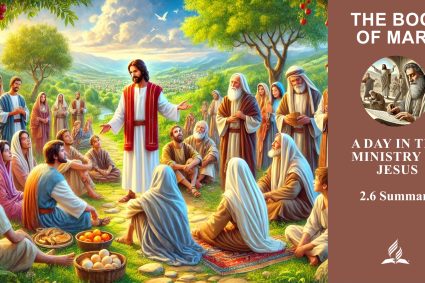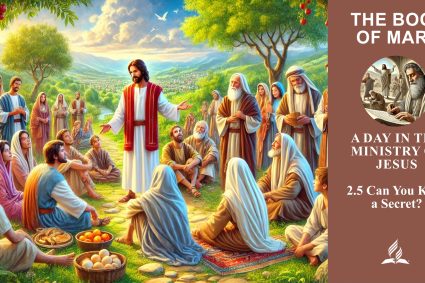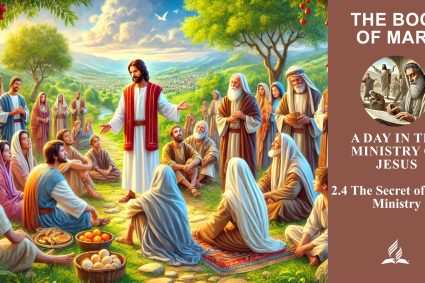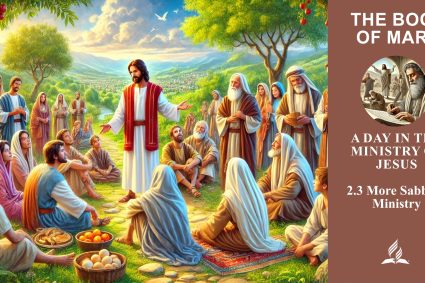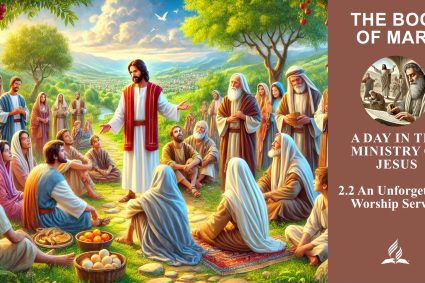

3.4 Ever Mindful of His Covenant
The theme of God’s judgment raises an important question: How can the people of God have peace with God and assurance of redemption during times of judgment? Read Psalm 94:14, Psalm 105:7–10, and Daniel 7:22.
Psalm 94:14, Psalm 105:7–10, and Daniel 7:22, taken together, guide us through a significant path of assurance of redemption and peace amid God’s judgment. These texts reveal deep promises and God’s faithfulness to His people.
The assurance of peace in times of judgment is based on several foundations:
-
God’s Dwelling in Zion (Psalm 76:2–3): The fact that the Lord has set up His dwelling in Zion symbolizes His immediate presence and care for His people. This connection between God and His chosen place gives believers the certainty that they are under the protection of the Most High.
-
The Eternal Covenant (Psalm 94:14; Psalm 105:8–10): God’s promise to His people is not temporary but eternal. The eternal covenant is an expression of God’s faithfulness and reliability. He is committed not to reject His people but actively to protect, teach, bless, and strengthen them.
-
God’s Active Care (Psalm 103:3; Psalm 25:8–11; Psalm 29:11; Psalm 105:24): The certainty of peace also relies on God’s active care for His people. He forgives sins, teaches, blesses, and strengthens His people. This demonstrates that God is not distant but personally invested in the lives and well-being of His people.
-
The Role of God’s Judgments (Psalm 94:8–15): God’s judgments are not just punishments; they serve an educational purpose. They aim to turn the people toward righteousness and demonstrate that God cares for His people. This education through judgments is an expression of God’s love and guidance.
-
Remembering the Covenant and Deeds (Psalm 105): Remembering God’s covenant is more than a mere recollection; it leads to action. God acts based on His covenant with His people. The history of Israel in Psalm 105 illustrates God’s ongoing faithfulness through various deeds and events.
In summary, these texts emphasize the certainty of redemption and peace for God’s people. The connection to Zion, the eternal covenant, God’s active care, educational judgments, and remembering the covenant are all key components that enable peace and assurance amid God’s judgment. God’s people are encouraged to live in obedience and to share the message of God’s faithfulness and redemption so that other nations may join this covenant of protection.
What do we have in Jesus that demonstrates why these promises given to ancient Israel now apply to us? (See Galatians 3:26–29)
Galatians 3:26–29 associates the promises given to ancient Israel with redemption in Jesus Christ. This passage explains why God’s promises now apply to us. Here are the key aspects:
-
Children of God through Faith (Galatians 3:26): Paul declares that we all, through faith in Jesus Christ, are children of God. Regardless of our original background or ethnic affiliation, we have entered into a close relationship with God as our divine parents through faith.
-
Baptism into Christ (Galatians 3:27): Baptism is used as a symbol of our identification with Christ. By being baptized into Christ, we symbolically align ourselves with Him. This unity with Christ has profound implications for our spiritual lives.
-
Unity in Christ (Galatians 3:28): Paul emphasizes the radical unity in Christ that transcends social, ethnic, or gender differences. In Christ, there is no distinction between Jews or Greeks, slaves or free, male or female. All believers are equal in Christ and have equal access to God’s promises.
-
Heirs of Abraham’s Promises (Galatians 3:29): Through faith in Christ, believers become descendants of Abraham and heirs of the promises God gave to Abraham. This includes the promise of a special people and blessing for all nations.
Therefore, Galatians 3:26–29 shows us that God’s promises are not limited to a specific ethnic or national circle but are accessible in Christ to all who believe in Him. Our identity as children of God, our unity in Christ, and our inheritance as Abraham’s descendants open up full access to God’s promises, irrespective of our background or external circumstances. In Jesus Christ, all believers find their common identity and universal access to God’s promises.
(Visited 4 times, 1 visits today)

